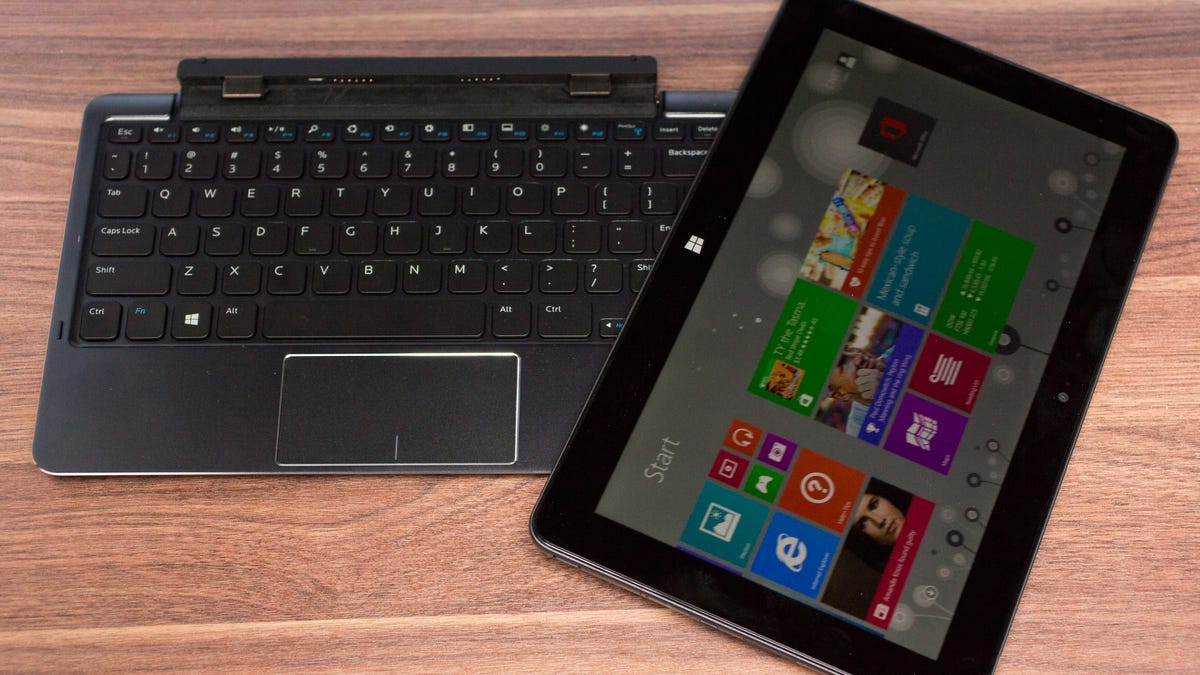Windows tablets, your time may be at hand
When it comes to tablet purchases, consumers are at a saturation point, but businesses? IDC says that's where the action will be, and that's sure to boost Windows' standing.

The tablet market is shifting into a more mature phase, and that figures to be a good thing for Microsoft.
Market researcher IDC on Thursday forecast a dramatic slowdown in the expansion of the worldwide market for tablets, with the growth rate simmering at 19.4 percent in 2014, down from a sizzling growth rate of 51.6 percent last year. The firm defines that market as including both slate-style tablets and 2-in-1 devices.
As the tablet market cools down, IDC said, sales to businesses will help lift the profile of Microsoft's Windows operating system, which has been in the shadow of Apple's iOS and Google's Android -- not that those two are in danger of losing their higher-ranking status.
IDC predicts that tablets will continue to infiltrate small, medium, and large businesses around the world, helping commercial shipments of tablets grow as a percentage of the overall market, from 11 percent in 2013 to a projected 18 percent in 2018. That shift, IDC said, "is likely to benefit Microsoft's Windows over time."
Microsoft has long had a home field advantage in the business sector.
"The choice of operating system will be a key differentiating factor when it comes to success in the commercial segment," said Jitesh Ubrani, a research analyst at IDC, in a statement. "Though Android and iOS will remain dominant, we expect Windows-based devices to capture more than a quarter of the market as its benefits become apparent thanks to growing adoption of 2-in-1s."
Consumers, meanwhile, seem to have hit the saturation point in their adoption of tablets.
"In mature markets, where many buyers have purchased higher-end products from market leaders, consumers are deciding that their current tablets are good enough for the way they use them. Few are feeling compelled to upgrade the same way they did in years past, and that's having an impact on growth rates," said Tom Mainelli, IDC's program vice president for devices and displays, in a statement.
IDC expects shipments of a little over 260 million tablets worldwide in 2014, up from 217 million in 2013.

